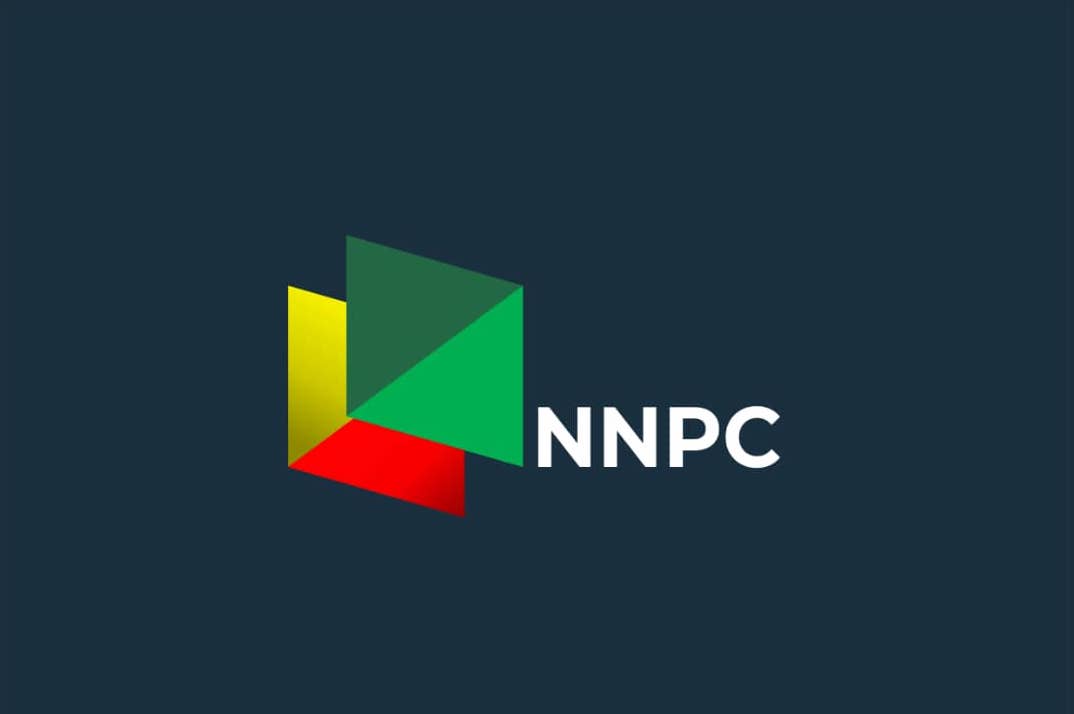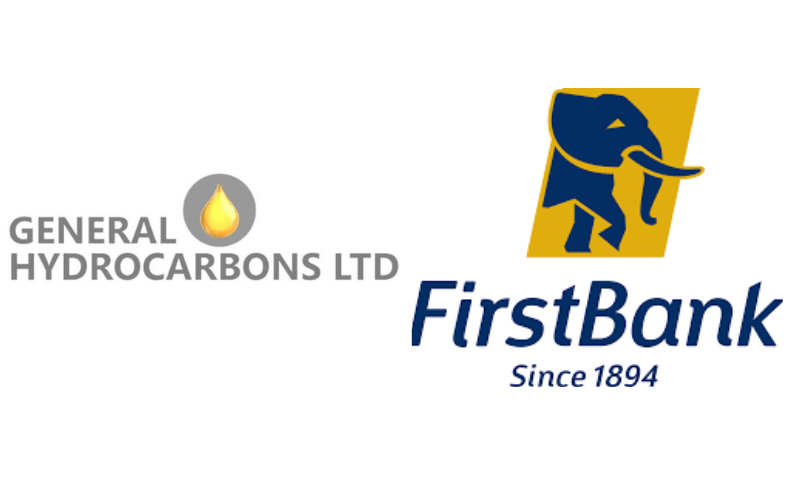
The federal government has drawn a firm line in the sand, urging alcohol manufacturers to abandon sachet production and shift entirely to larger bottles and plastic containers. The move marks a decisive push to curb underage drinking and rising health risks as the December 2025 deadline approaches. Will the manufacturers fight back? Festus Akanbi asks
I
n the shadowed corridors of Nigeria’s economic heart, where the hum of bottling lines meets the clamour of street markets, a quiet national storm is gathering over sachet alcohol.
These tiny packets, sold for as little as N100, offer fleeting comfort to the working poor but expose deeper social fractures.
By December 2025, that storm will break. Armed with a fresh Senate directive, the National Agency for Food and Drug Administration and Control (NAFDAC) is preparing to enforce a long-delayed ban on the production and sale of these miniature spirits.
The move stems from a 2018 agreement with industry leaders, repeatedly extended, and now finally hardening into law. But the Manufacturers Association of Nigeria (MAN) warns of an impending economic shock: N1.9 trillion in investments at risk and hundreds of thousands of jobs potentially swept away. What is unfolding is not just a packaging dispute, but a collision of public health, industrial survival, and national identity.
The 2018 Agreement
This moment traces back to an accord forged in 2018 between the Federal Ministry of Health, NAFDAC, the Distillers and Blenders Association of Nigeria (DIBAN), and other industry bodies. That Memorandum of Understanding (MoU) proposed a phased withdrawal of sachets and all alcohol containers under 200ml by January 2024. Regulators argued that the small, cheap packets fed rising addiction and underage drinking; manufacturers sought time to retool. But implementation faltered. Despite warnings and a clear timeline, producers continued churning out sachets, citing market realities, consumer demand, and investment costs. By 2023, it was clear that compliance had stalled, prompting industry appeals for another grace period.
The Final Deadline
Those appeals came to a head in Lagos, where DIBAN-led protests warned of mass job losses. NAFDAC responded with what it called a final extension to December 2025. Yet rather than resolve tensions, the extra time emboldened resistance. In November 2025, the Senate drew a line. Led by Senator Asuquo Ekpenyong, the Senate passed a resolution ordering NAFDAC to enforce the ban without further delay.
To Ekpenyong, sachet alcohol’s danger lay in its simplicity: cheap, discreet, and easily smuggled into the hands of children, teenagers, motorcyclists, and drivers navigating busy roads. The Senate cited evidence linking sachets to underage drinking, reckless behaviour, and rising road accidents. The chamber’s message was unambiguous: the era of sachet alcohol must end.
A Clash of Imperatives
NAFDAC’s Director-General, Prof. Mojisola Adeyeye, frames the ban as an act of protection, not punishment. At a November 2025 press briefing, she insisted the measure is grounded in clear scientific evidence of harm. Enforcement, she vowed, would begin in January 2026, with security agencies assisting in raids and market surveillance. No additional extension will be entertained.
MAN’s Director-General, Segun Ajayi-Kadir, counters with an economic ledger. He describes the ban as “counterproductive,” warning that it contradicts earlier agreements and could open Nigeria’s markets to a flood of unregulated imports. For MAN, the real solution lies in adopting the long-delayed Nigeria National Alcohol Policy, which emphasises taxation, education, and controlled marketing, not outright prohibition of a product category. Ajayi-Kadir argues that this more balanced, multisectoral approach would protect jobs while curbing abuse.
The Financial Stakes
Behind the debate lies a robust sector woven deeply into the Nigerian economy. Nigeria’s alcohol industry has long been a revenue engine. In 2019, beer alone generated $2.29 billion (N3.30 trillion), while the government collected $526.2 million (N758.60 billion) in taxes. Even amidst inflation and currency instability, the sector proved resilient: by 2024, revenues rose to N2.1 trillion, up nearly 80% year-on-year. Beer dominated volumes, sustained by social and cultural demand, while spirits saw increased patronage from value-seeking consumers.
Projections suggest even greater growth ahead. Statista forecasts combined at-home and out-of-home alcoholic beverage revenue hitting $40.1 billion (N57.78 trillion) in 2025, with nearly 10% annual growth through 2029. This ecosystem spans barley and sorghum farmers, glass manufacturers, logistics firms, and thousands of distributors nationwide.
MAN argues that sachet production represents a substantial portion of this chain, with N1.9 trillion in indigenous investment and more than 500,000 direct jobs linked to the value chain. Including transporters, retailers, and informal vendors, DIBAN estimates that 5.5 million people are indirect beneficiaries.
A sudden ban, they warn, could fracture capacity utilisation in the food and beverage sector, which forms 1.5% of GDP. Recent operations have only just begun to stabilise after the pandemic; disruption now could weaken local entrepreneurship and incentivise smuggling.
Already, Lagos authorities seized N500 million worth of counterfeit alcohol in 2024 alone. Civil society groups like Stand Up Nigeria label the planned ban “hasty and undemocratic,” arguing it undermines President Tinubu’s Renewed Hope Agenda, which prioritises indigenous industry.
Health Consequences
Yet behind the economic anxieties lies a formidable body of public health evidence. Sachet alcohols often contain high-proof spirits of 30–40% ABV, packaged cheaply and easily concealed. A 2020 study in Ibadan found that 28.5% of adolescents aged 10–19 consumed alcohol in the previous year, with sachets cited as a primary facilitator. The same study linked sachet use to risky sexual behaviour, with 33.6% of adolescent drinkers reporting consumption before their last sexual encounter.
More recent 2024 data from the Network for Health Equity and Development (NHED) reveal a harmful alcohol use prevalence of 34.3%, with much higher rates among men and rural dwellers. Five per cent of users report clinical dependence. WHO data show Nigeria ranking high globally for heavy episodic drinking, with unrecorded beverages, including illicit and homemade spirits, making up 36% of total consumption.
The medical consequences are sobering. The Nigerian Medical Association reports rising cases of liver cirrhosis, pancreatitis, and alcohol-induced psychiatric conditions. Alcohol contributes to 26% of road traffic deaths and worsens hypertension and cardiovascular disease. Among the poor, the impact is especially devastating, exposing young people to cognitive impairment, addiction, and lifelong health problems.
Beyond health, alcohol’s social costs are immense: violence, family breakdown, reduced productivity, and massive healthcare expenditures. CAPPA estimates alcohol-attributable health costs exceed N200 billion annually, while alcohol-related productivity losses erode up to 2.5% of GDP.
Evidence and Rebuttals
Public health groups reject MAN’s economic alarm bells. NHED and CAPPA argue that the claimed job losses are exaggerated because sachet production relies heavily on automation rather than large-scale manual labour. They note international parallels: when Thailand, Uganda, Ireland, and Scotland introduced packaging restrictions and pricing controls, youth consumption fell sharply without producing economic collapse. Uganda’s 2019 ban on sachet alcohol did not destroy jobs; instead, manufacturers transitioned to larger bottle sizes.
Global evidence aligns with these findings. WHO reports that well-designed alcohol regulations, including restrictions on packaging, marketing, and pricing, consistently reduce harm. Scotland saw alcohol-related deaths fall by 10% after minimum unit pricing. South Africa recorded an 18% drop in youth binge drinking following targeted restrictions.
Illicit Markets and Policy Options
Both sides acknowledge a looming threat: illicit alcohol. Nigeria already has a deep black market, with 36% of consumption unrecorded and counterfeit seizures on the rise. Critics argue that banning regulated sachet products could push consumers towards more dangerous, unregulated brews. Supporters counter that the ban removes the gateway product that fuels the problem and enables more vigorous enforcement.
The challenge, then, is not simply whether to ban, but how to manage the transition. WHO’s SAFER initiative, a package of measures including advertising restrictions, enforcement, and pricing, has proven effective in many countries. Nigeria’s dormant National Alcohol Policy offers a similar blueprint, calling for comprehensive, collaborative action across sectors.
A National Crossroads
The debate over sachet alcohol reveals Nigeria’s deeper tension between economic survival and public health. The alcohol sector is a powerful engine, generating trillions of naira and sustaining millions of livelihoods. But the human toll of excessive alcohol consumption is equally staggering, from hospital wards to highways to homes fractured by addiction.
As the final deadline approaches, Nigeria stands at a crossroads. It can enforce the ban with sensitivity, offering support to manufacturers transitioning to new formats, retraining workers, and activating the National Alcohol Policy, or allow the issue to spiral into economic and social chaos. The sachet may be small, but its implications are vast. The challenge is to craft a policy that protects both public welfare and economic stability, a suture, not a severance, in the country’s quest for balanced progress.




